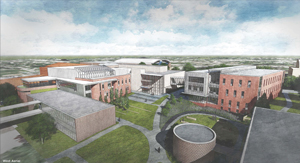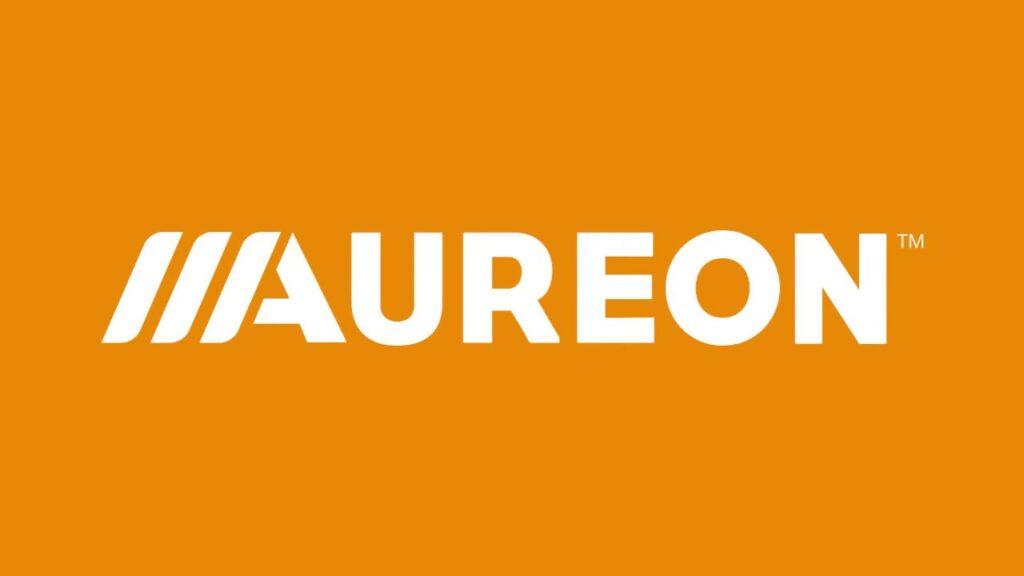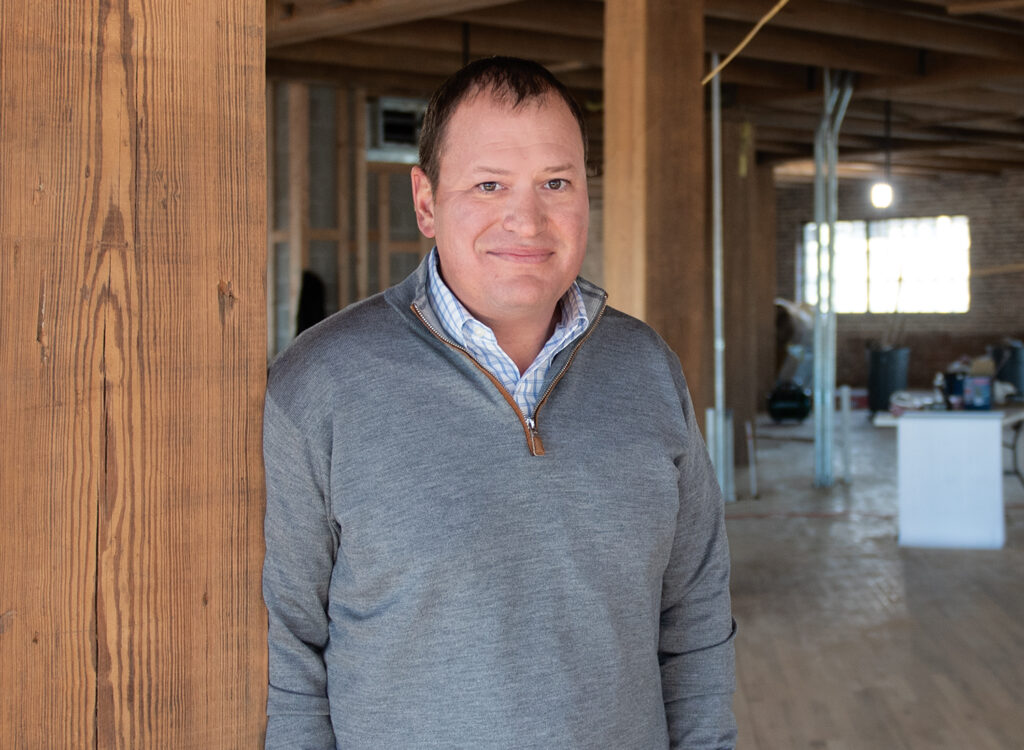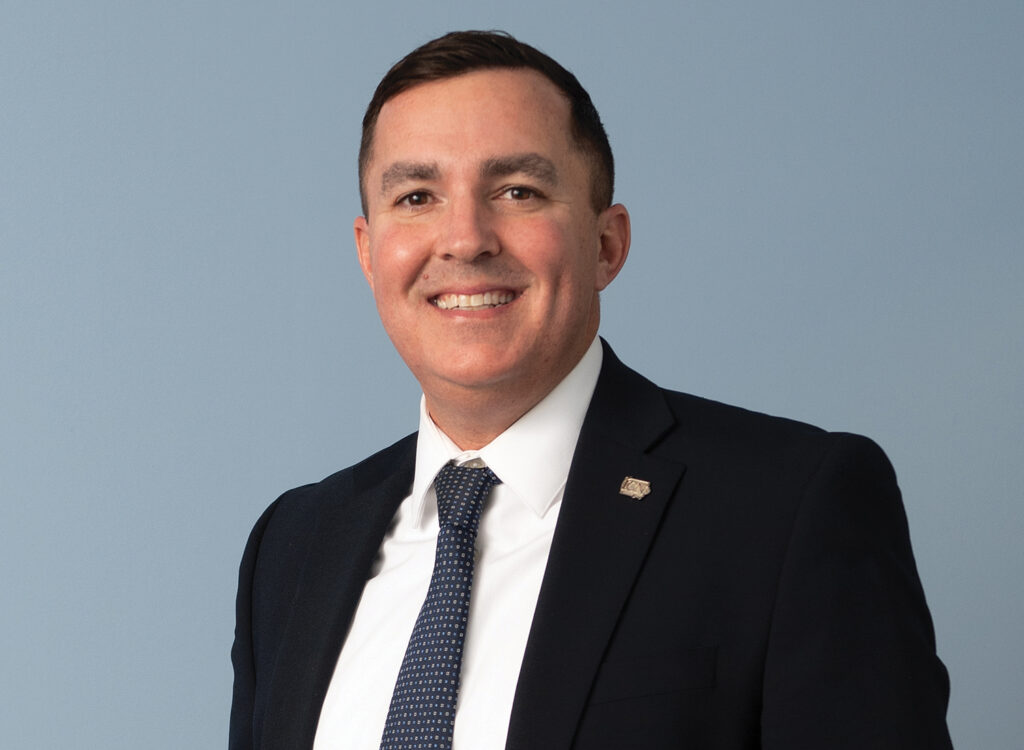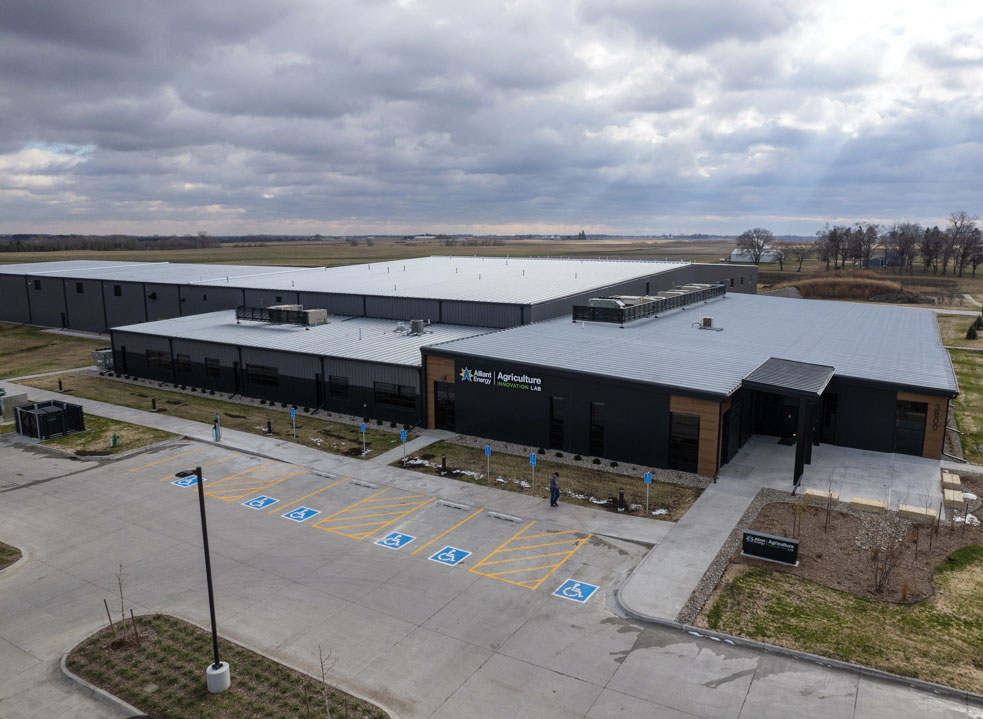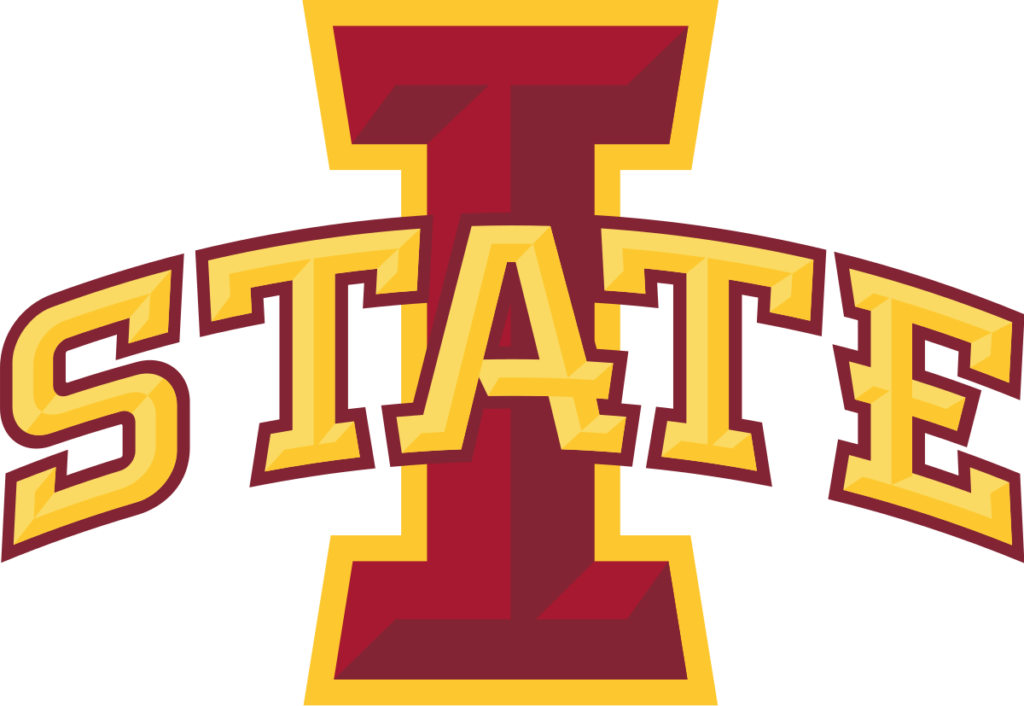STEM grows at Drake
University’s new doctorate will train students to help people with injuries, disabilities

PERRY BEEMAN Nov 27, 2015 | 12:00 pm
5 min read time
1,077 wordsBusiness Record Insider, Innovation and EntrepreneurshipDrake University’s new offerings at a planned tech campus will include one program that is relatively rare in the United States: a doctorate in occupational therapy.
There are six fully accredited doctoral programs in this country, and 10 to 15 others working toward accreditation, said Renae Chesnut, interim dean of Drake’s College of Pharmacy and Health Sciences.
“We’re a little ahead of the rest of world,” which soon will see many more similar programs, said Ann Burkhardt, director of the new occupational therapy program in the college.
“There is a shortage of occupational therapists,” she said. “Rural Iowa has challenges.”
The private school on Des Moines’ west side is adding the three-year program to meet high demand for therapists as part of a move to offer more broad-based treatment for people who have been injured on a farm, or who are working through the aches and pains of aging.
“We plan for this to be a flagship program, along with pharmacy,” Chesnut said.
Drake hopes to enroll 25 students in the new program in each of the first two years, then expand to 45 students.
Chesnut declined to disclose the budget for the program, which will begin offering classes in May 2016.
Burkhardt hopes to have five faculty members on board by July 1, and to have 10 eventually. The program begins in May.
Already on board are:
— Kathy Griner, occupational therapy fieldwork coordinator. Griner previously was an occupational therapist with the Glenwood Resource Center in Glenwood. She received her bachelor’s degree and doctorate in health sciences from Creighton University.
— Jayna Fischbach, associate professor of occupational therapy. She previously worked on pediatric cases for Cox Healthcare in Springfield, Mo. Fischbach has a doctorate in occupational therapy from Creighton.
The program’s goals are already firmly in mind.
“We are at a tipping point, because of a shortage of workers” caused both by retirements and difficulty in recruiting students to the field, Burkhardt said.
“Health programs have been slow to address the tsunami of aging. Autism is another growing problem.”
The idea is to offer clients services that allow them to work around challenges they may face due to disabilities or injuries.
“People with conditions can live as healthfully and comfortably as they can, and have purpose and meaning in life,” Burkhardt said.
Drake plans to convert a house at 26th Street and University Avenue to serve as a community treatment center, making it easier for patients to get help and for students to learn how to handle cases.
The house also will offer patients a chance to try equipment that might help them.
Research will be a big element. The doctorate requires five research courses, three more than a master’s degree typically would require, Chesnut said.
Burkhardt’s goal is simple, although the work is involved and collaborative.
“There is becoming a need for health care workers to work directly with primary care physicians,” she said.
Why the shortage?
“My perception has been that high school and college students haven’t interacted with occupational therapists,” Chesnut said “It is a bit of an unknown profession.”
Drake hopes to help change that.
Burkhardt is checking with her colleagues in New York and Massachusetts to find places where students can get experience on real cases. Some of those may have direct links to Iowa — for example, techniques to help farmers who have hand injuries.
Burkhardt’s trek to Iowa
Ann Burkhardt was living in a rural area in coastal Rhode Island, caring for her parents, who both have Alzheimer’s disease, when she decided to seek a job in higher education instead of hospital administration.
She got a call from Renae Chesnut, interim dean of Drake University’s College of Pharmacy and Health Sciences, about heading Drake’s new doctorate program in occupational therapy.
Burkhardt had a resume that included work in hospital administration in New York, in higher education and on projects in cooperation with Mayo Clinic. Some of her work was under grants from the National Institute on Aging.
“I was looking for an academic opportunity,” Burkhardt said in her office in Harvey Ingham Hall. . “The person-to-person contact was good. Drake impresses me.”
Drake will offer a chance to work both in clinical settings and in higher education.
“I have clinical and higher education experience,” Burkhardt said. “I bring the best of both worlds, and a background in research.”
She likes what she sees around Des Moines too.
“The architecture in Des Moines reminds me of Providence (Rhode Island),” she said. “I felt comfortable with the city. I liked the fact that there was an East Village, restaurants, a symphony and major concerts.”
STEM campus update
Drake University plans to break ground on its $65 million STEM@Drake campus in January, and has chosen The Weitz Co. as the general contractor. If Drake’s board of trustees approves the work, President Earl F. “Marty” Martin said it should begin early next year and be completed by August 2017.
Martin said the Drake board plans to vote on the project in January.
Drake already has started some remodeling projects related to the campus. Work begins in January on two new buildings that will house several STEM-related programs. STEM stands for science, technology, education and mathematics; Drake’s project adds health sciences to the mix, as well.
Utility work is expected to begin this fall.
Details:
Phase 1: Renovation of Harvey Ingham Hall: $4.4 million. Part of this project was completed in 2014; the rest will be in the second phase.
Phase 2: Construction of two new buildings and 27th Street lighting: $47.6 million. Construction is set to begin in February 2016 and conclude by summer 2017. A new building would serve as the home for the School of Education as well as the department of mathematics and computer science. That building would connect to Olin Hall through a second-story walkway. A second new building with laboratory and classroom space would connect Olin and Fitch halls.
Phase 3: Renovation of Olin Hall. Cost: $13 million. Timeline and other project details are subject to financial conditions, enrollment and other factors.
New Drake degree programs related to STEM, technical fields
Beginning this fall:
– Bachelor’s degree in data analytics
– Bachelor’s degree in kinesiology
– Secondary education teaching license endorsement in health, physical education and coaching.
Beginning in 2016:
– Master’s degree in athletic training (part of a five-year program with bachelor’s degree in health sciences.)
– Bachelor’s degree in pre-occupational therapy
– Doctorate in occupational therapy
